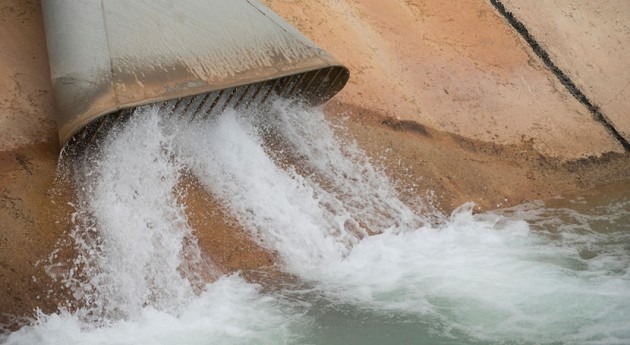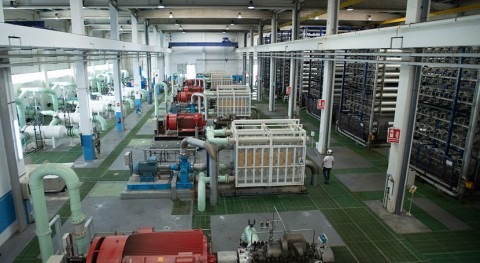As the global population burgeons and climate change amplifies the challenges of water scarcity, the inclination to seek salvation in grand initiatives such as desalination plants is understandable. However, before we embark on the pursuit of new water sources, it is imperative that we confront the longstanding issue of water mismanagement - a silent accomplice to the world's water stress woes.
Agricultural practices and urban water usage have long been notorious for their inefficiency, squandering vast quantities of this precious resource. Before investing in ambitious water production projects, we ought to look inward and address these inefficiencies. Historically, communities like the city of Las Vegas in the early 2000s achieved remarkable success in reducing water usage through incentivizing residents to replace thirsty lawns with water-efficient landscaping, showcasing the power of local initiatives in water conservation.
Aging water infrastructure poses a significant threat to our water security. The leaks and inefficiencies in these outdated systems contribute to substantial water losses. History offers us examples such as the Thames Water Ring Main project in London during the late 20th century, where a massive undertaking to upgrade and expand the city's water infrastructure significantly reduced water losses and enhanced the reliability of the water supply.
The over-extraction of groundwater is depleting aquifers globally. However, some regions have successfully managed their groundwater resources. Take, for instance, the state of California, which implemented the Sustainable Groundwater Management Act in 2014, signaling a concerted effort to regulate and sustainably manage groundwater resources.
Before we embark on the pursuit of new water sources, it is imperative that we confront the longstanding issue of water mismanagement
Water scarcity often magnifies existing social and economic inequalities. Throughout history, numerous communities have faced disproportionate water access challenges. The Flint water crisis in the United States serves as a stark reminder of how marginalized communities can be adversely affected by inadequate water management, emphasizing the urgent need for equitable water distribution policies.
Fragmented policies and a lack of coordination between sectors have perpetuated water mismanagement. Contrastingly, the Murray-Darling Basin Plan in Australia, initiated in the early 2000s, stands as an exemplary model of integrated water management. By considering the needs of agriculture, industry, and the environment, Australia has taken significant strides towards sustainable water use.
The impacts of climate change are altering precipitation patterns, necessitating adaptive water management strategies. The Netherlands, with its rich history of water management, offers a noteworthy example. Through an intricate system of dikes and water management infrastructure, the country has adapted to changing climate conditions, providing valuable lessons for other regions facing similar challenges.
In our pursuit of water security, conservation should be at the forefront. Singapore, faced with limited freshwater resources, has revolutionized its approach through initiatives like NEWater, a reclaimed water system. By embracing water recycling and promoting public awareness, Singapore showcases the transformative power of conservation-oriented strategies.
In addition to these general issues, specific mismanagement practices can exacerbate water stress. Subsidized water prices, lack of water planning, and inadequate transparency and participation hinder effective water resource management.
In conclusion, while grand endeavors like desalination plants capture headlines, the essence of sustainable water management lies in addressing the historical mismanagement that has plagued our water systems. By drawing inspiration from successful historical examples and embracing a holistic approach, we can navigate the complex waters of water scarcity and lay the groundwork for a resilient and water-secure future.
*Disclaimer: Opinions expressed are solely my own and do not represent the views or opinions of my employer.





